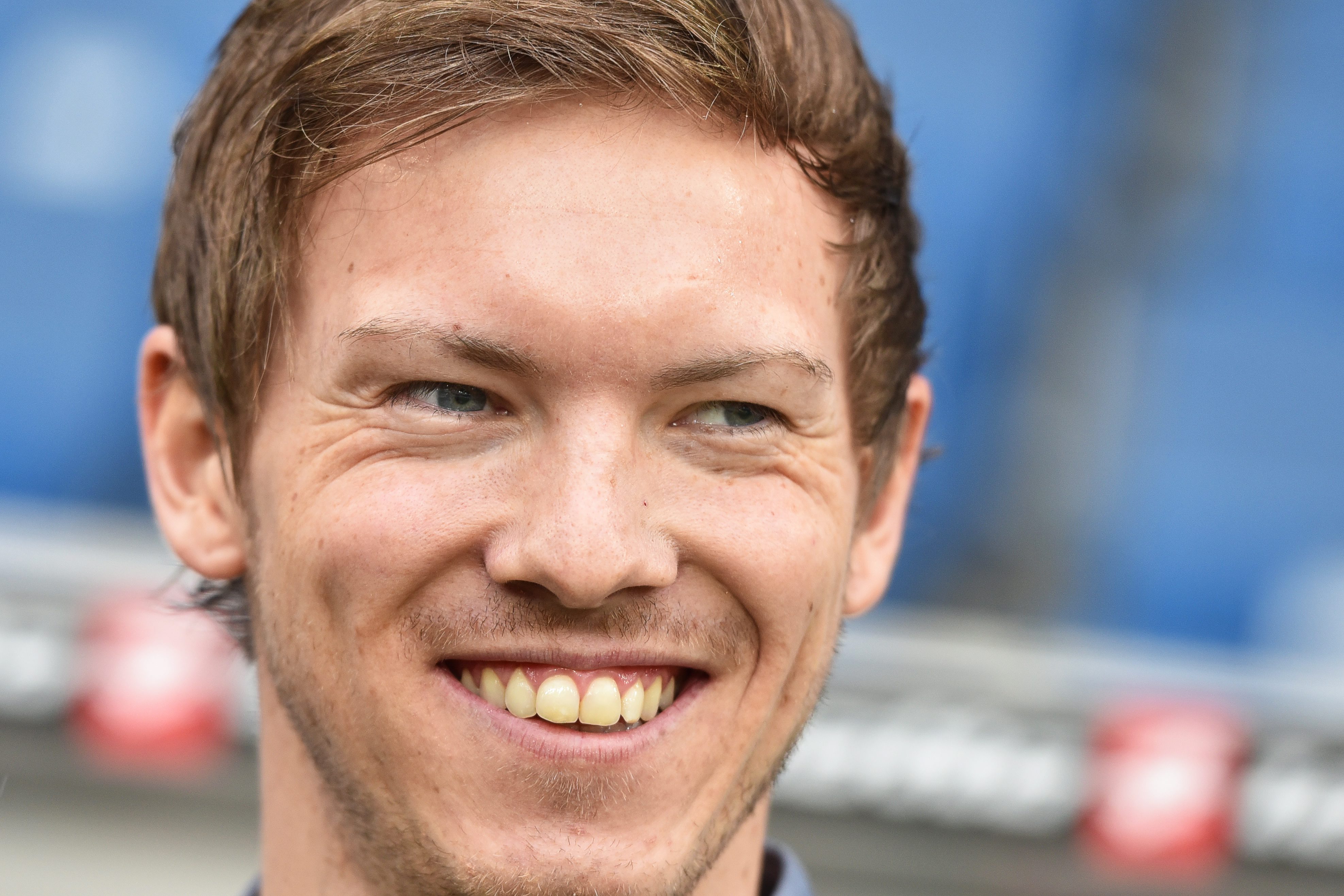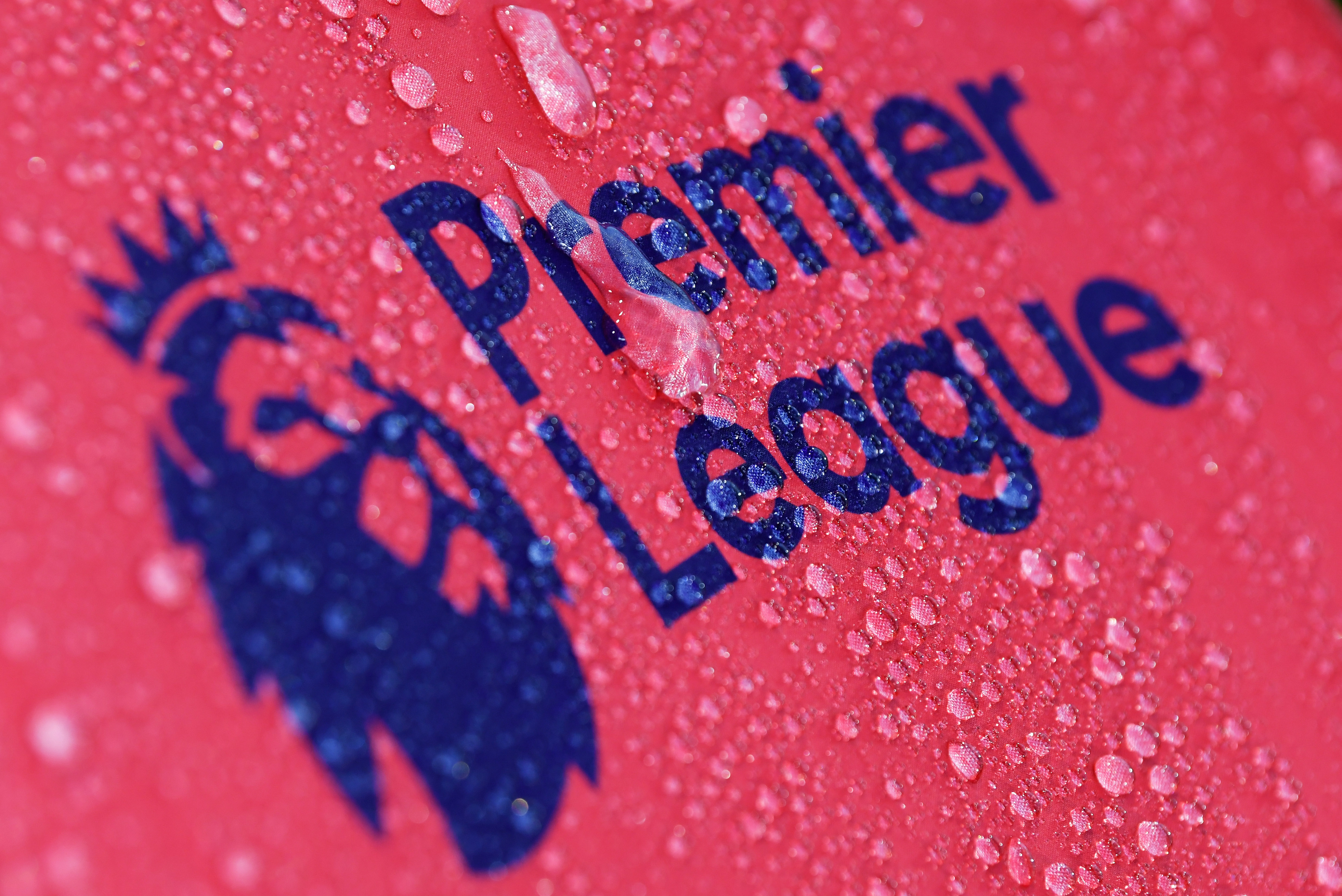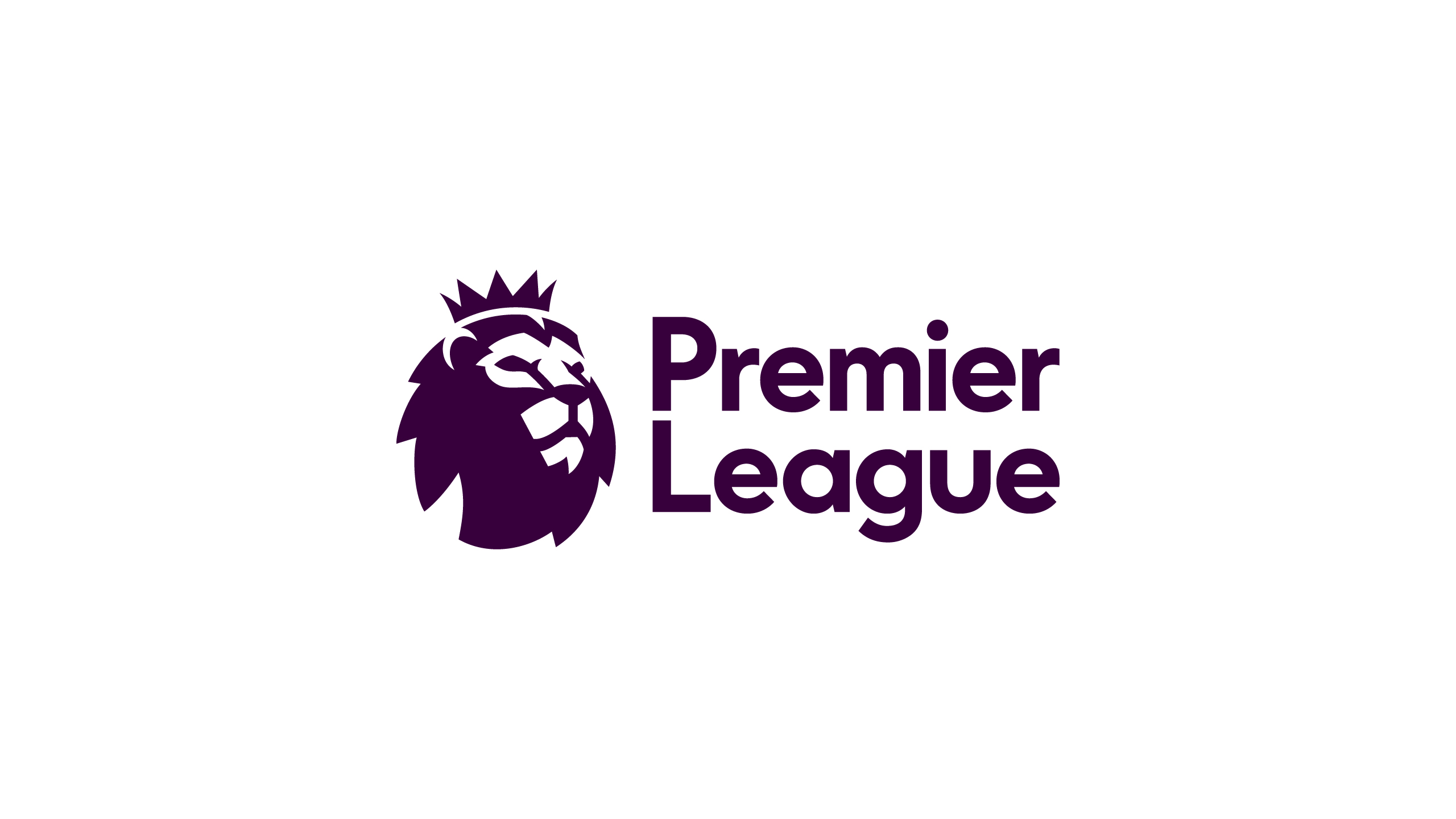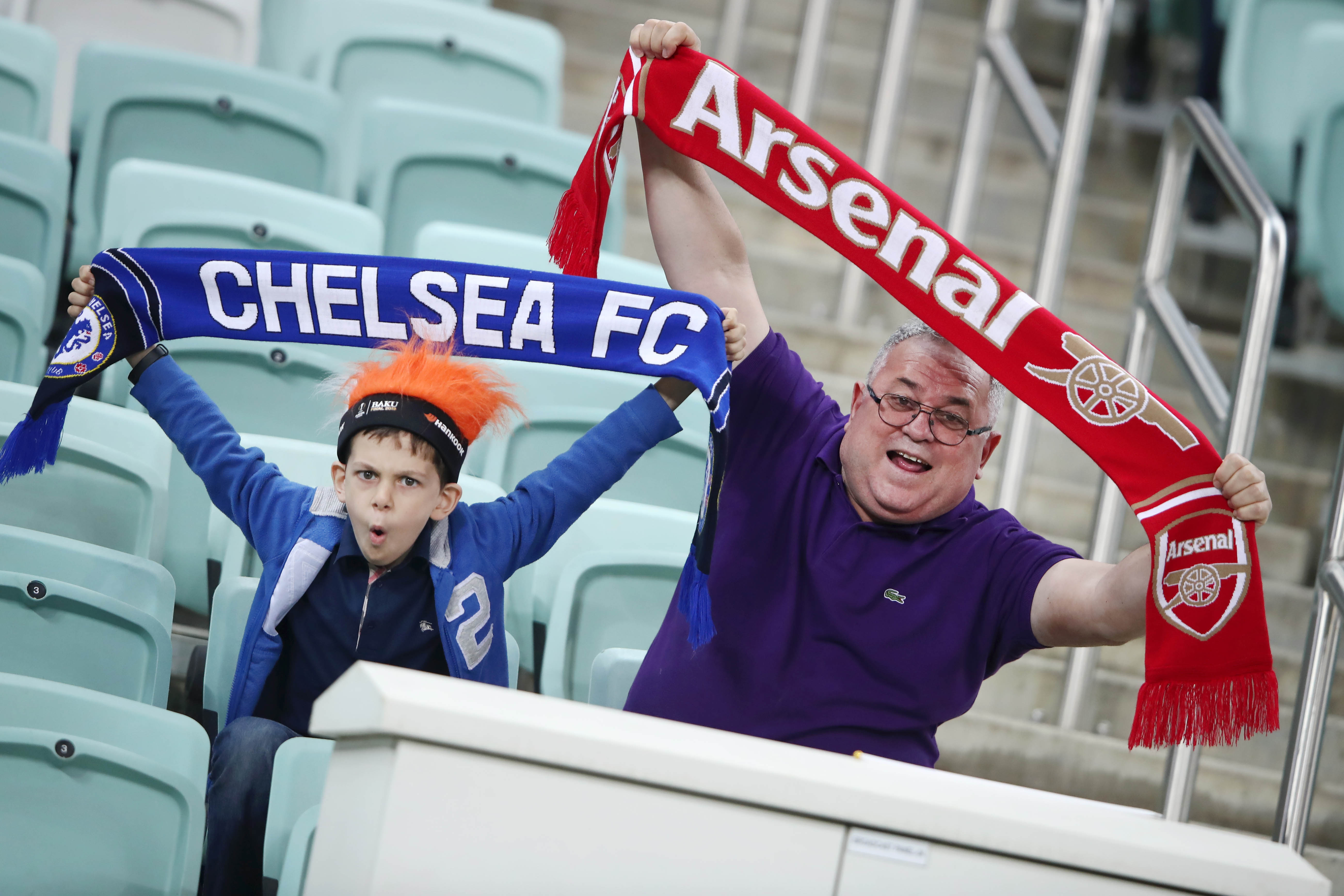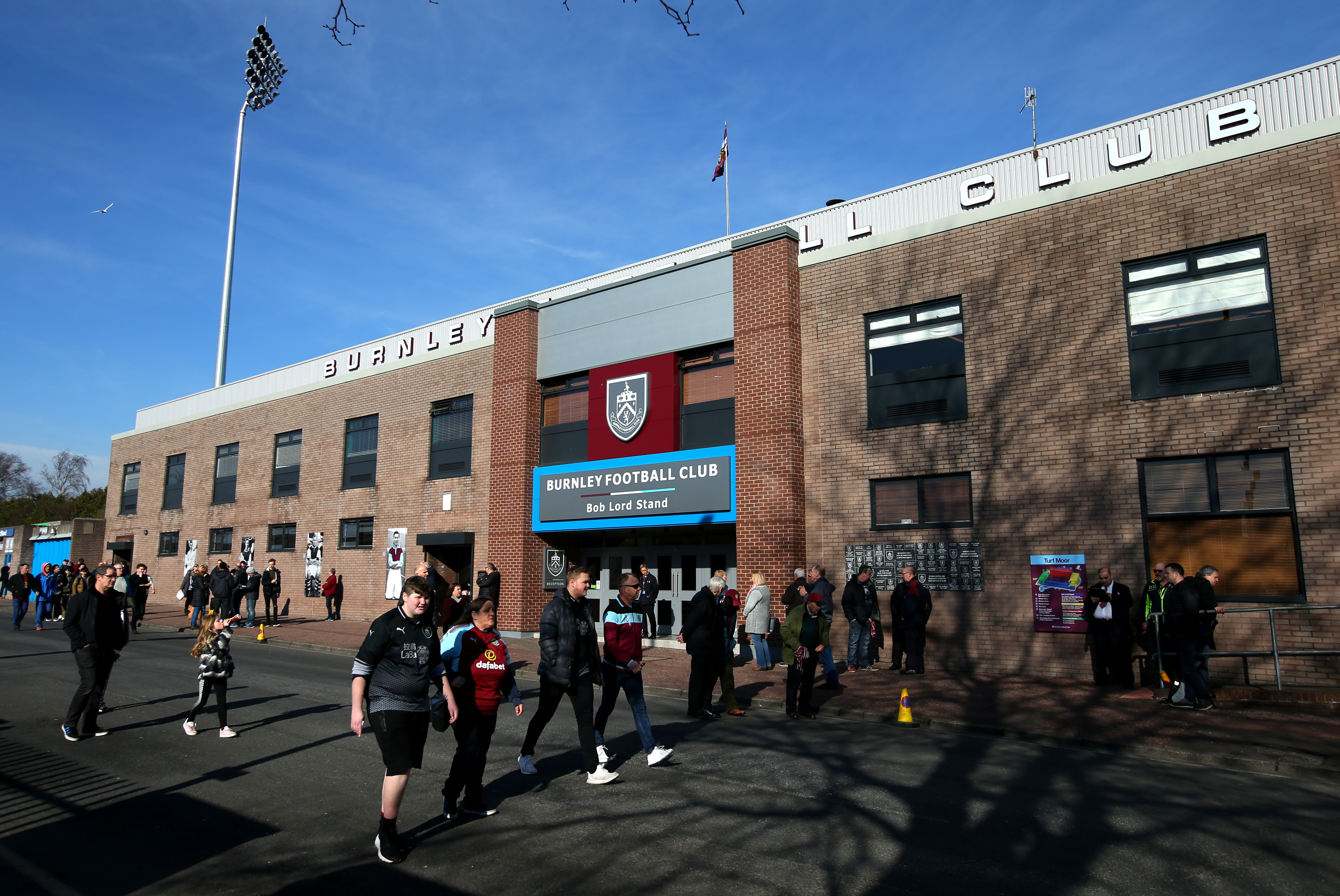Bayern Munich’s appointment of Julian Nagelsmann as their head coach could usher in a wave of change at Allianz Arena and indeed, in the Bundesliga next season.
It’s happening again! Bayern Munich have managed to secure the services of Julian Nagelsmann as their next head coach, replacing Hansi Flick, whose contract will be terminated in view of the German’s request.
While almost unthinkable a few months ago, it appears Nagelsmann has signed a five-year contract with the Bavarians, becoming the latest RB Leipzig asset, after Dayot Upamecano, to join the Rekordmeister this summer.
Upon signing his contract, Nagelsmann will reportedly become the second most expensive (€15 million excluding add-ons) coach in football’s history, and by far the most expensive if Bayern do end up paying the add-ons included in his contract, beating Jose Mourinho, whose move to Real Madrid from Inter was worth €16 million.
Bayern Munich back to poaching talents from the Bundesliga?
Nagelsmann’s departure from RB Leipzig is set to fuel massive criticism among football observers regarding Bayern Munich’s tendency to poach best talents from direct rivals, with matters only being made worse by the recent acquisition of Upamecano.
There were, however, substantial internal factors that have played a key role in the German’s decision to break away from his garish white blazers to Bavarian Lederhosen – factors that are often overlooked by most fans and reports alike.
For a start, Julian Nagelsmann was born in Landsberg am Lech, which is a small suburb, just outside the city of Munich. He grew up learning football in Bavaria and played only for Bavarian clubs throughout his short-lived footballing career – FC Augsburg and 1860 Munich.
Although both the clubs are considered fierce rivals to Bayern Munich, there is no doubt that Nagelsmann is a Bavarian through and through. He was even close to sealing to move to Allianz Arena in 2015 when he was still a coach at Hoffenheim’s youth department, but the move was blocked by the club’s owner Dietmar Hopp.
Nagelsmann was then subsequently promoted as a first-team coach of Hoffenheim, at the age of just 28. He went on to guide the club to UEFA Champions League for the first time, before joining RB Leipzig, who reached the Champions League semi-finals last season while also establishing themselves as the second-best team in Germany, under the leadership of the now 33-year-old tactician.
Julian Nagelsmann: "I didn't plan to leave Leipzig after two years. The development at Bayern with Hansi Flick played a role. There were inquiries from other clubs, but I told Olli (Mintzlaff) that I would not terminate my contract for any club, only for FC Bayern" pic.twitter.com/5HtgmvtrJP
— Bayern & Germany (@iMiaSanMia) April 27, 2021
Aside from cultural affections, Nagelsmann’s move to Bayern Munich is a seemingly natural ascension in regards to his managerial career.
After two successful years in Leipzig, the German was always destined for a move away from the club this summer but had very few options.
Most of the top clubs across Europe, including Barcelona, Real Madrid, Paris Saint-Germain, Chelsea and Liverpool already have an established coach, leaving Nagelsmann to choose between his beloved Bayern Munich and Mislav Orsic’s whipping bag – Tottenham Hotspur. It was always going to be an easy choice.
The age anomaly
Bayern Munich fans will undoubtedly be excited about the arrival of Julian Nagelsmann next season. The 33-year-old may not have won anything during his managerial career so far, but the Bundesliga observers are well aware of his contributions at both Hoffenheim and Leipzig.
Even for the Bayern Munich bosses, it will be a fresh start after struggling with coaches ever since the departure of Pep Guardiola in 2016.
Sporting director Hasan Salihamidzic could emerge as a particular winner, after prevailing in the war with Flick that, in turn, saw him take a massive hit in his public image, with many fans even calling for his sack.
Nagelsmann and Upamecano’s arrivals at Bavaria, in that regard, should enhance his reputation and popularity. But for the coach, however, things remain rather uncertain.
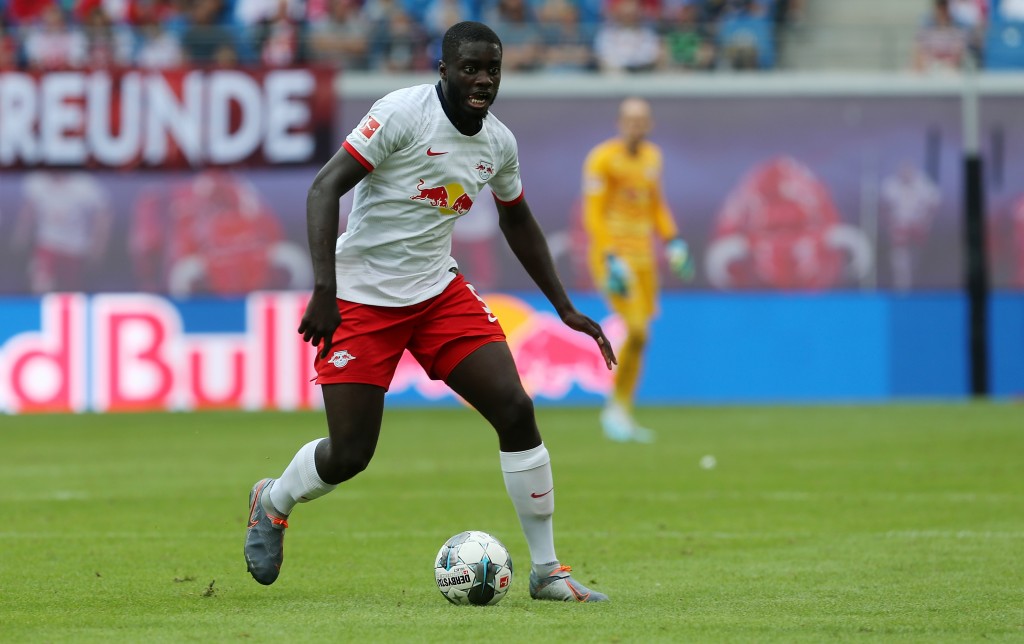
For all his success in coaching in the Bundesliga, Julian Nagelsmann could face multiple challenges at Bayern, most of which he hasn’t faced before during his time at RB Leipzig.
His tender age of 33, in particular, would certainly make things difficult for him to get absolute control over certain decorated and experienced individuals in the team.
Although the departures of Jerome Boateng, Javi Martinez and David Alaba will certainly help, Nagelsmann will still have to gain the trust of two of the club’s remaining pillars in Manuel Neuer and Thomas Muller.
This is where Bayern Munich must find a way to combine Nagelsmann’s footballing brain with Salihamidzic’s assertive personal dominance with the camp – producing an ideal combination that could help the Rekordmeister gain unprecedented success in the coming years.
What could be in store tactically for FC Bayern?
The addition of Julian Nagelsmann will serve as a breath of fresh air for Bayern Munich fans that enjoy the tactical aspect of the game – all 4% of them.
The club enjoyed a rather decent spell under Hansi Flick’s first season in charge, with the 56-year-old employing a higher defensive line, with additional emphasis on a quick counter-pressing.
However, the progress fell off during the backend of the campaign and though Bayern did manage to secure the Sextuple, it can be safely said that the clubs have learned to play Hansi Flick, which was evident in the club’s complete annihilation at the hands of Paris Saint-Germain in the Champions League as well as their defeat to 1.FSV Mainz.
One certified change that will ensue after the arrival of Nagelsmann next season, is the introduction of a thing called structure – a major upgrade from Flick’s last six months, which seemingly gave off Edin Terzic’s “brrrr” vibes (I’m not the expert, ask Abel Meszaros).
While Flick could not really deal with the seemingly increasing injury troubles, coupled with teams willing to give his side more possession, Nagelsmann’s more structural approach is sure to offer Bayern more stability at the back as well as more potential in terms of their creative gameplay.
where can I bet on Bouna Sarr playing world-class inverted FB a la @philipplahm under JN and getting a late-call up to France's WQ roster?#strangerthings https://t.co/0mGs06ZDUK
— Abel Meszaros (@BundesPL) April 26, 2021
For starters, the 33-year-old is almost guaranteed to employ the three-man backline that tends to occupy key areas in defence, with emphasis on closing down available spaces. Upamecano is a shoo-in, while Benjamin Pavard and Lucas Hernandez’s versatility could make them huge assets as well – potentially leading to an all-French defensive line.
In midfield, the diamond shape introduced to combat the problems posed by deep-sitting teams is sure to be borrowed as well, with Joshua Kimmich likely to operate in the Kevin Kampl role as he is versatile enough to not only drop deep if necessary but is also an excellent offensive passer of the ball. He and Nagelsmann could indeed be a deadly combination.
Nevertheless, in the build-up, Nagelsmann is likely to adopt a more centrally oriented approach play with midfielders like Thomas Muller, Jamal Musiala and even Serge Gnabry (who is a brilliant snapshooter) working in between the lines, hoping to make themselves available as passing options for the midfielders in Kimmich or Leon Goretzka.
In Alphonso Davies, Nagelsmann has a player with endless potential but needs to be improved in regards to his structural play and defensive positioning.
From a managerial aspect, the biggest upgrade for Nagelsmann, however, will be the ascension from Alexander Sorloth (5 goals in 47 shots – a much-improved record from his one goal in 33 shots in early February) to Robert Lewandowski (not Sorloth).
The Pole, arguably the best player in world football right now, spearheading the Bayern Munich attack, is sure to give an ideal incentive for the creative players to create chances, in a Nagelsmann system that is more systematic (or not at all, depending on how you define “systematic”), with greater emphasis on defensive structure – ultimately making the Bavarians much more difficult to beat (if not anything else).
Ominous signs for Bundesliga?
Julian Nagelsmann’s move to Bayern Munich is not a good sign for Bundesliga and most importantly, RB Leipzig.
It will significantly strengthen one of the stronger, well-managed, and non “ESL-junk” sides in world football, with the relationship, if successful, likely to persist for years to come – potentially meaning an elongated spell of the club’s continued dominance over German football.
On the bright note, though, RB Leipzig will recover, despite the impending departures of not only Nagelsmann but also sporting director Markus Krösche.
If anyone thinks RB Salzburg isn’t strategically one of the best coaching jobs in Europe for someone’s future prospects, haven’t been paying attention.
See Roger Schmidt, Adi Hütter, Marco Rose and next…Jesse Marsch.— Derek Rae (@RaeComm) April 26, 2021
Die Roten Bullen have already been linked with a move for Jesse Marsch (listen to his interview in the excellent Football Pod here), an American coach who has enjoyed immense success at RB Salzburg – Leipzig’s farm club. He is almost destined to replace Nagelsmann next season, while the club has already secured the services of promising talents in Josko Gvardiol and Mohamed Simakan, who are more than equipped to replace Upamecano and potentially, Ibrahima Konate.
As far as other rivals are concerned, Borussia Dortmund are set for a Marco Rose next season. It can be safely said that the current Gladbach manager will be handed a full-strength team as Die Schwarzgelben are moving closer to secure Champions League qualification that might help them keep hold of not only Erling Haaland and also Jadon Sancho (yes, It is a possibility).
Speaking of Gladbach, they might come back strong with the appointment of Frankfurt head coach Adi Hutter while VfL Wolfsburg have also steadily improved under the leadership of Oliver Glasner, though his future remains uncertain, with Frankfurt and many other clubs on the prowl for a new manager.
Either way, the Bundesliga is only expected to get more competitive next season, especially with the relegation of FC Schalke.
No, I’m like serious this time. Check out this tweet.
